Photo by Versano Photography
In the bag
By Claire Marie Porter
Fifteen-year-old Anna Welsh came up with the idea of starting her own company three years ago at a craft camp when she designed her first “little bag.” Welsh, who goes to Harriton High School, had been attending the camp at Handwork Studio in Narberth, PA, since she was 6 years old.
The little bag was a simple clutch, with a funky, geometric green, black-and-white fabric. Her mother was carrying the bag on a trip to Detroit when it caught the eye of a shopkeeper who asked her, “Where did you get that bag?” This motif continued until Welsh decided to brand her creations under the name littlebags.bigimpact.
While still in 6th grade, she attended an entrepreneurial workshop and learned how to write a business plan and formulate a pitch for investors. Even from the beginning, she wanted her company to have a broader social goal than simply turning a profit.
“I was adamant about a give-back component,” she says, “and I’ve always wanted to be a teacher.”
It came naturally to want to team up with an organization doing work on literacy. She found out about Tree House Books, a literacy center and giving library in North Philadelphia, through a Temple University newsletter. She reached out, met with the executive director, and her lasting partnership with Tree House Books began.
“I wasn’t sure if people were going to take me seriously as a young entrepreneur,” she says, “so I was hesitant. But when I did reach out, the response was amazing.”
Committed to sustainability, she began making bags with reclaimed materials and discontinued remnants from fabric warehouses, like Philadelphia’s Resource Exchange.
The first part of her business name, “little bags” was inspired by the reclaimed materials, which were very small sample sizes.
“I was piecing together the bags from scraps,” she says.
She started noticing the fabric had little cards stapled to them with their branding information, so Welsh decided to reach out to these interior designers individually, in hopes of further reducing textile industry waste. This is where the “big impact” part of her business name came in.
Photo by Versano Photography
The response from the designers was overwhelmingly positive, she says. Her business started by reclaiming scraps from two designers, and then news of her work began to spread through word of mouth. People saw what she was doing through social media and started to drop unused fabric scraps on her front porch.
She applied to her first artisan show with a local, Old City-based gallery called Art Star in 2017. She initially felt hesitant.
“I didn’t know if they would see value in my product,” she says, “or accept me because I was so young.”
But they did accept her for the show and, she later found out, they accepted before they even knew her age.
In September of that year, Welsh was a winner of the Philadelphia Inquirer Stellar Start Up competition. The demand for her bags increased. To help meet it, she employed her former Handwork Studio sewing teacher and a former pattern-maker from Lily Pulitzer.
From the very beginning, Welsh was very interested in growing.
“One of my biggest challenges was to find a manufacturer in Philly,” she says. “I wanted it to be local. That was a challenge.”
Finally, this past summer, she found one, and three years after sewing her first clutch, Welsh has a full-fledged business, and manages a staff of seven adults in Philadelphia: who she describes as “really amazing.”
As CEO she mostly oversees operations now, but still does most of the designing.
Photo courtesy of Anna Welsh
“When I get a big shipment, I sort through everything,” she says, “and come up with the different lines. It’s my favorite part of the business.”
Her personal favorite designs are the original clutch, because it’s simple and versatile, and the birch bag, with bamboo handles, which she named after her beloved 7th grade science teacher, Mr. Birch, an early supporter of her endeavors.
Other bags include the strappy “crossbody bag,” the top-cinched “everything pouch,” the “skinny pouch” and the “mini,” as well as collaboration collections.
littlebags.bigimpact recently received an individual third-party certification from Green Circle, a local environmental consulting group, verifying that the bags are made from 96 percent recyclable materials.
Her family is still involved, and her grandfather is the director of transportation: “My pop-pop picks up everything,” she says, referring to the fabric supply.
Welsh’s parents also played a significant role in the operational, legal and financial aspects of her business.
“In the early stages, we would hold monthly meetings,” she says. “I could not have done it without their endless support and guidance.”
“To date I’ve saved over 3,000 pounds of fabric from landfills,” she says.
When COVID-19 hit, Welsh began thinking about ways to make an even greater impact.
Photo by Versano Photography
When she learned that many children rely on the free meals from their now-shutdown schools, she reached out to the director at Tree House Books and together they came up with a plan to provide meals through the program.
For every dollar spent on littlebags.bigimpact, one dollar went to provide a meal for school-aged children. She has already donated $1000 to provide 1000 meals, and will continue to donate through the end of the semester, in mid-June.
“I realized switching the focus to food was foremost the best way to have an impact,” she says.
She continues to donate 15 percent of her proceeds to Tree House Books.
“I want to keep expanding, to continue impacting,” she says. “This is a huge need. To create a foundation to be able to inspire other entrepreneurs.”
She feels that people need to be including young people more in conversations about the future. They have a lot to offer.
“With social media, they have different skill sets, they have creative ideas,” she says. “Reach out to young people. See how you can support them—and don’t underestimate their power.”


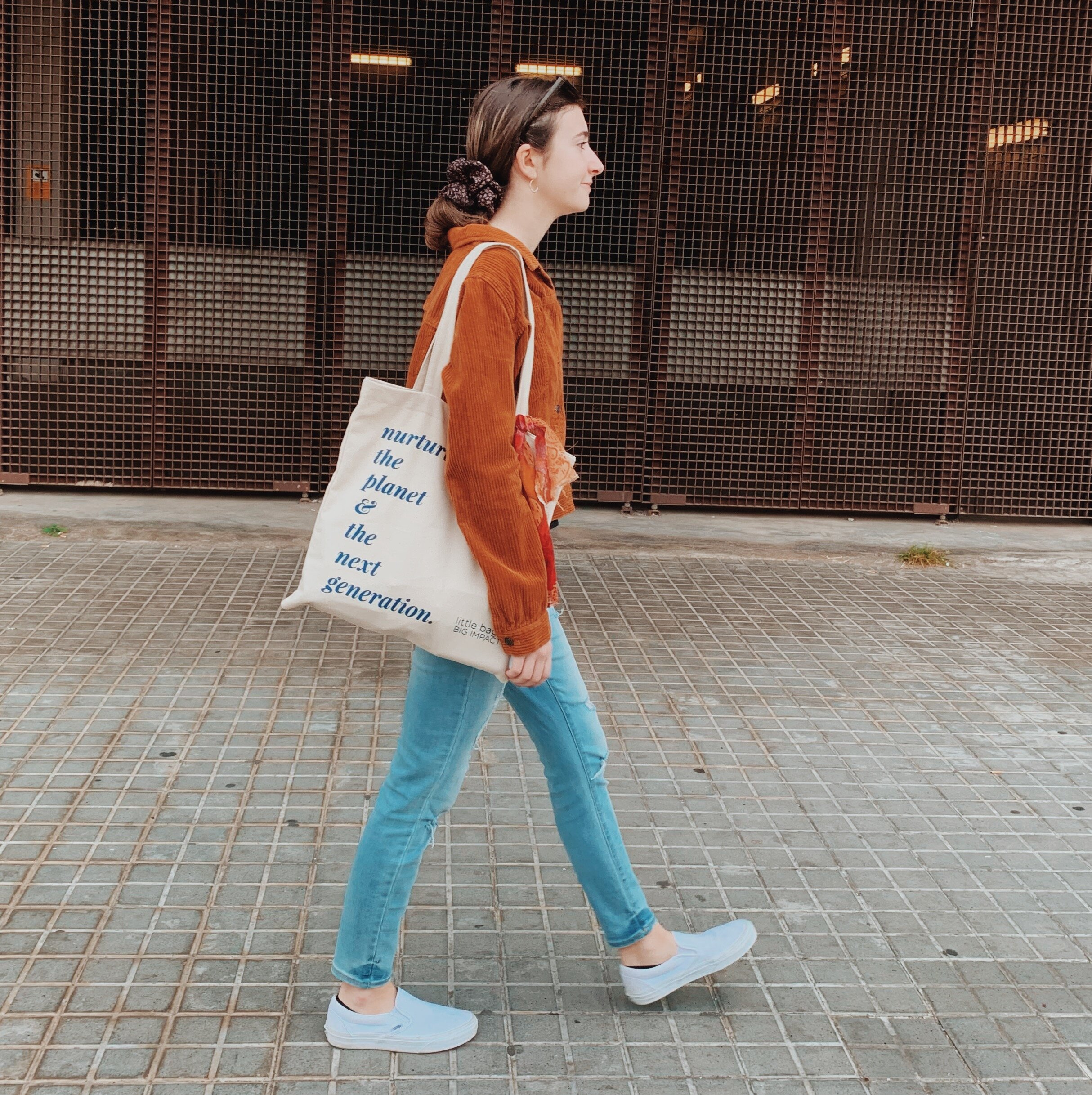
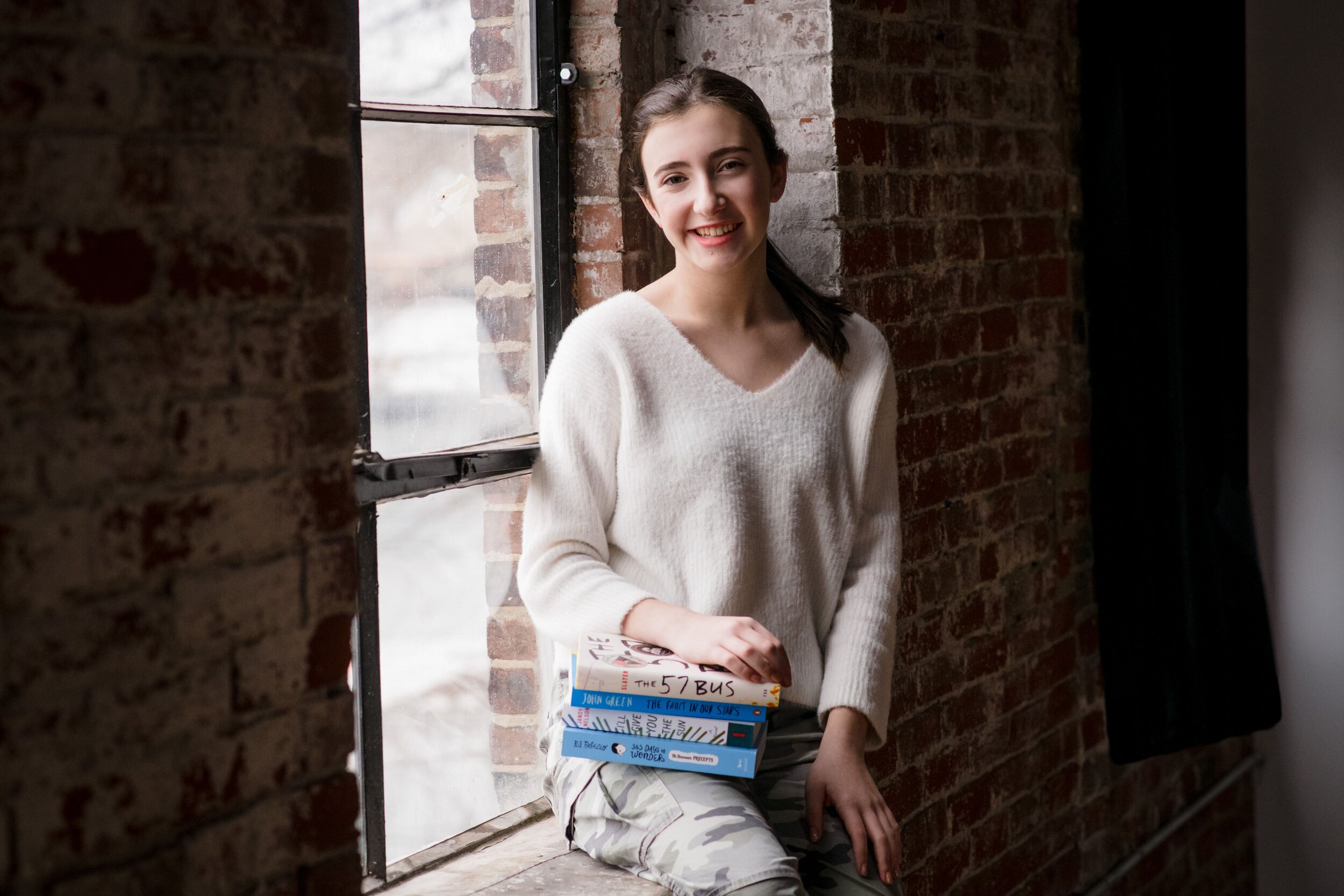
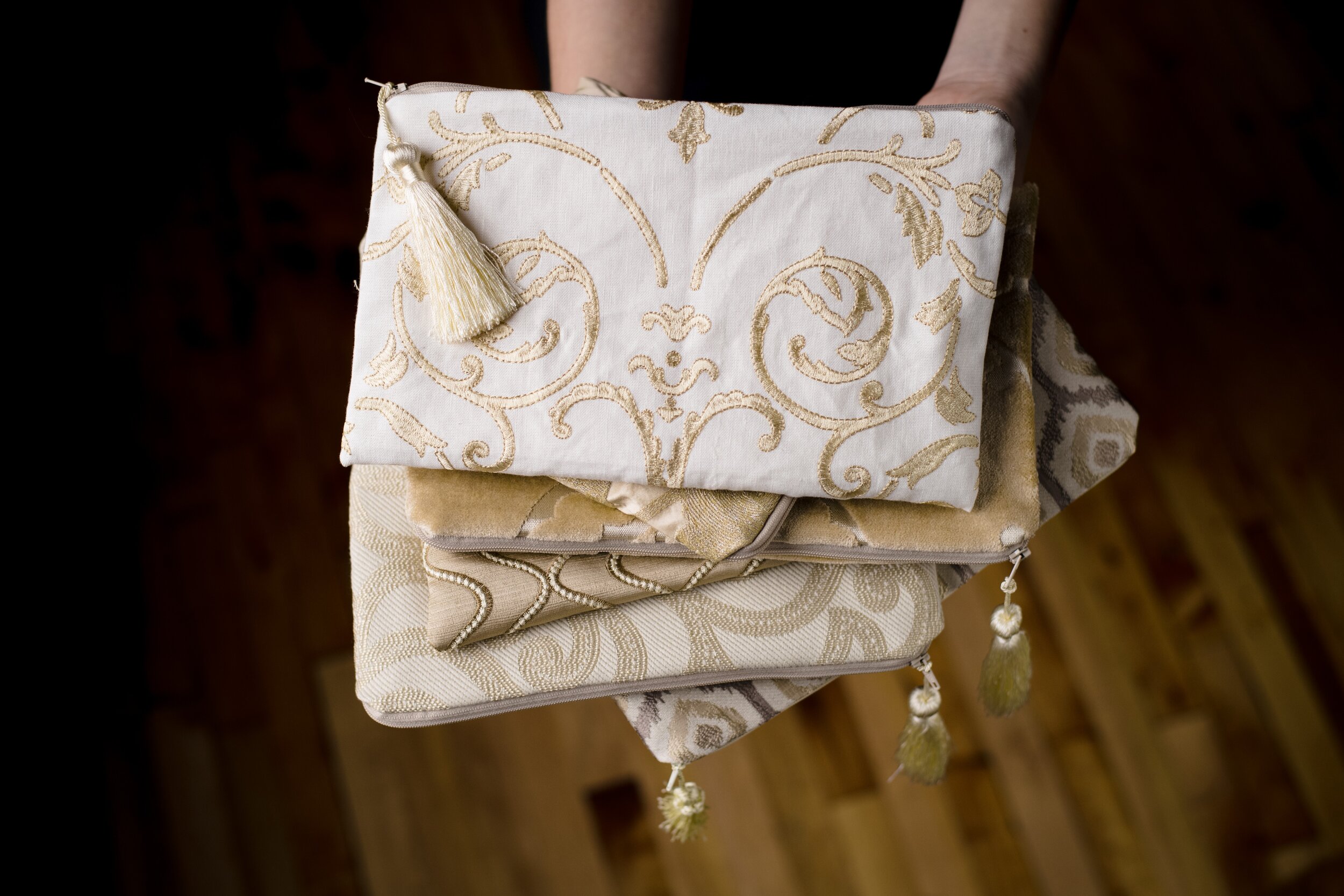
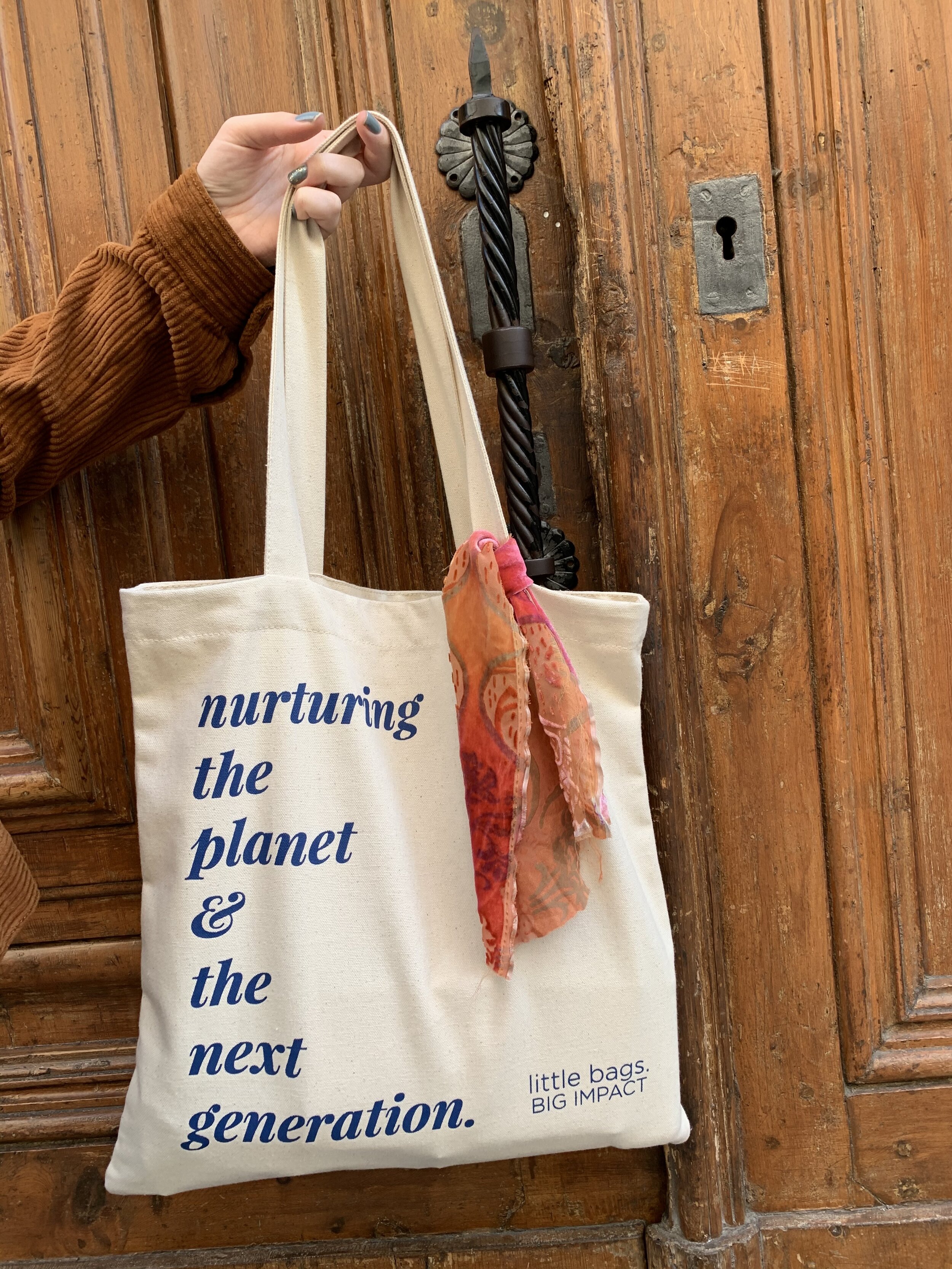
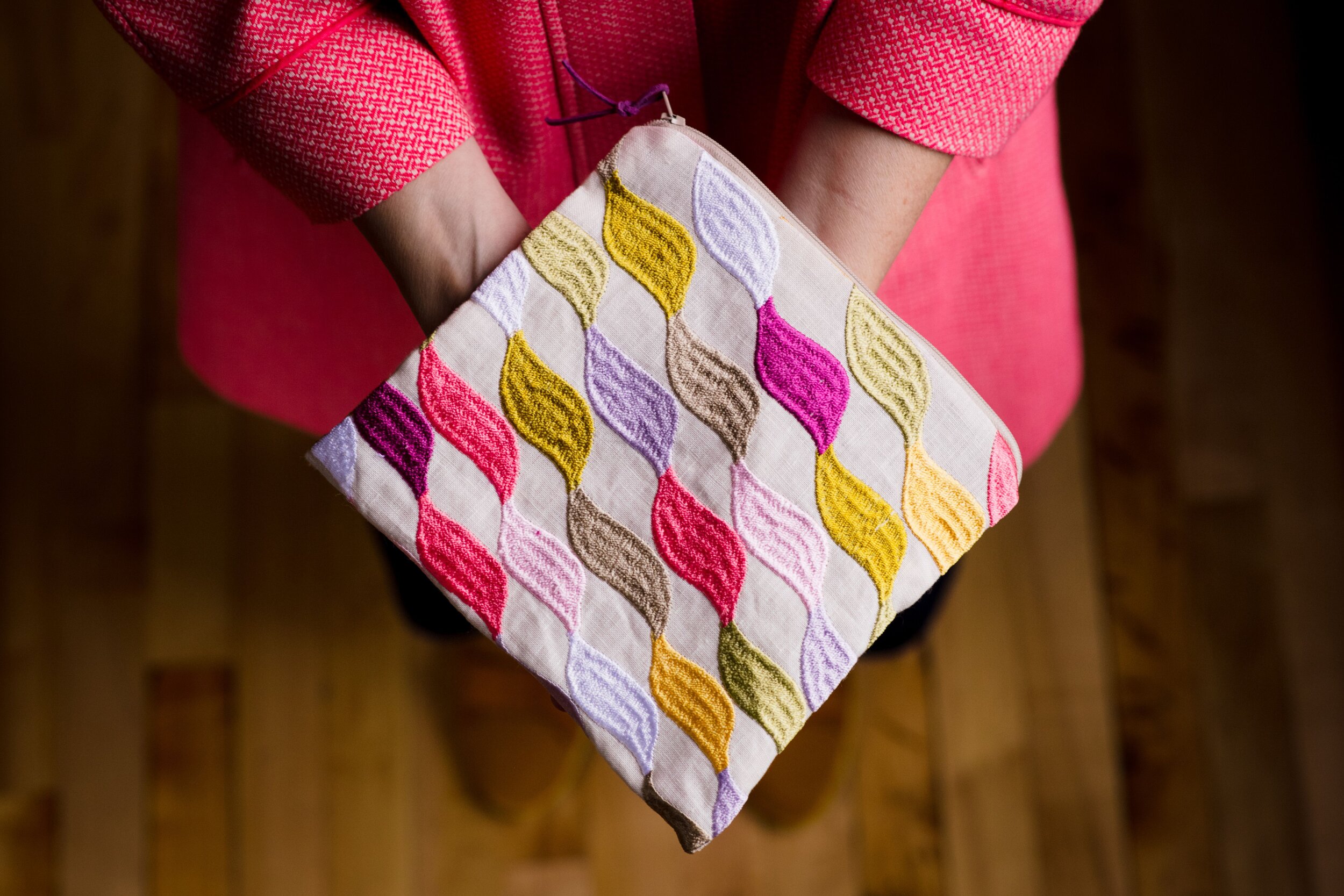
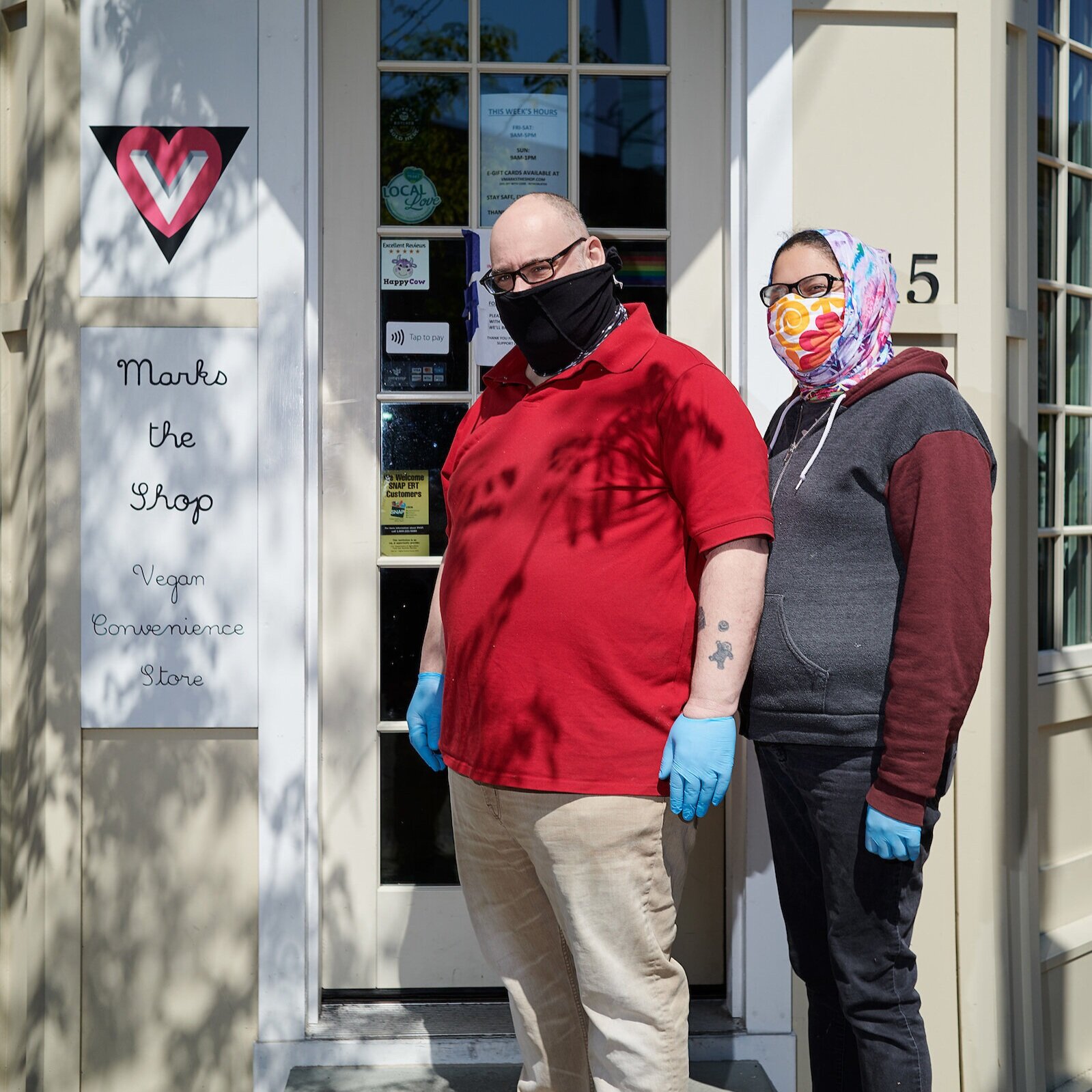
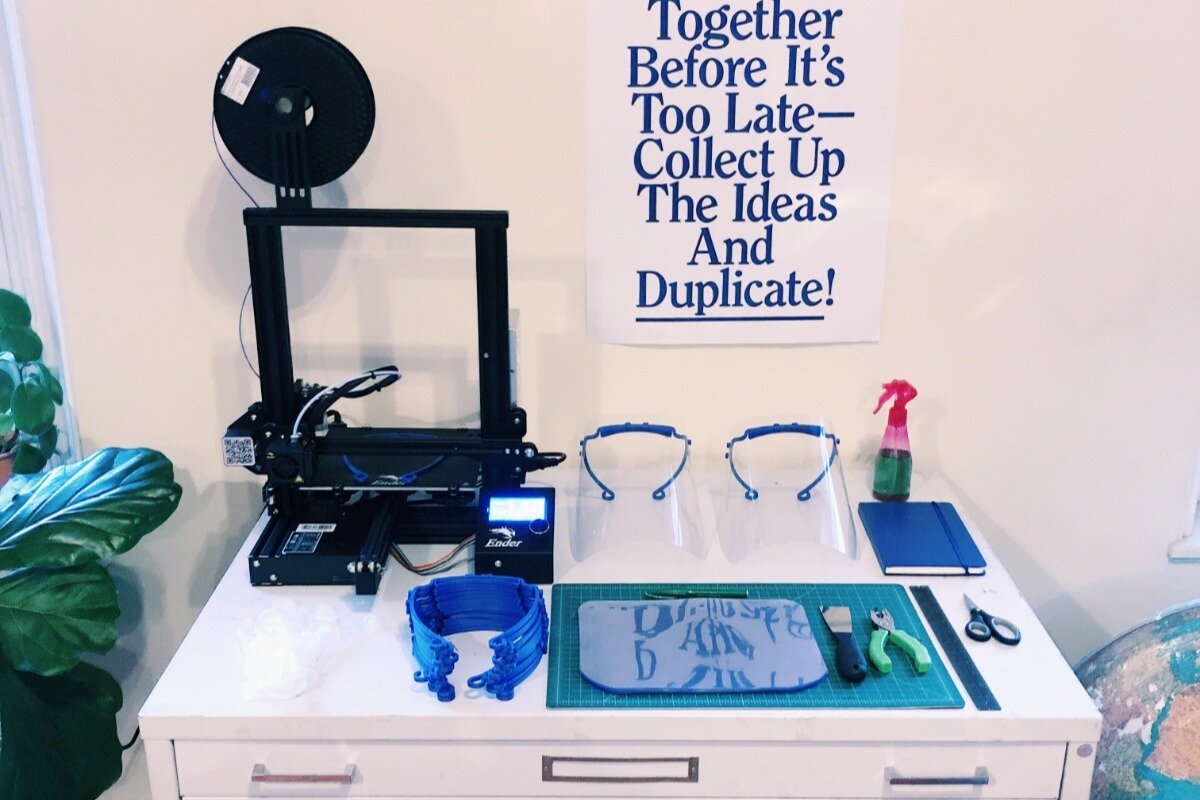





Great upbeat story! I love the fact that Anna Welsh’s environmentally sound work also supports Tree House Books and provides meals for children in need. What a young and awesome role model! Anna is an inspiration.